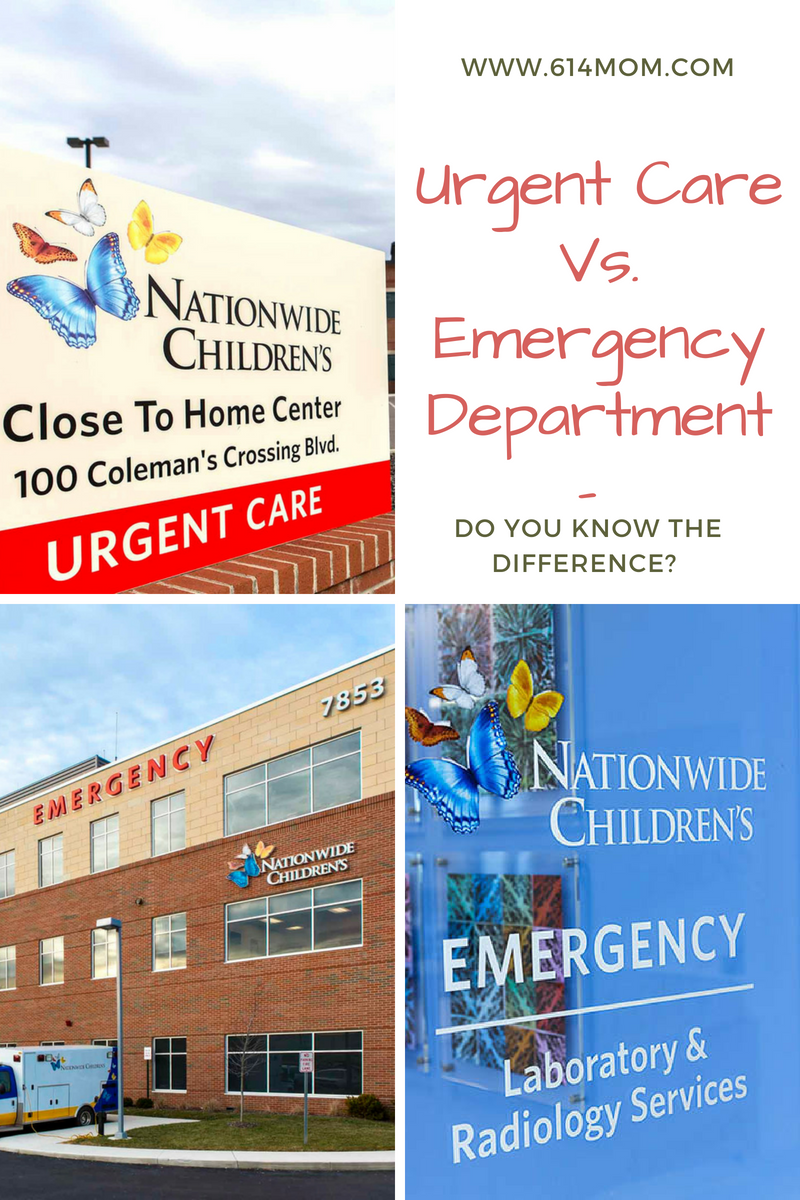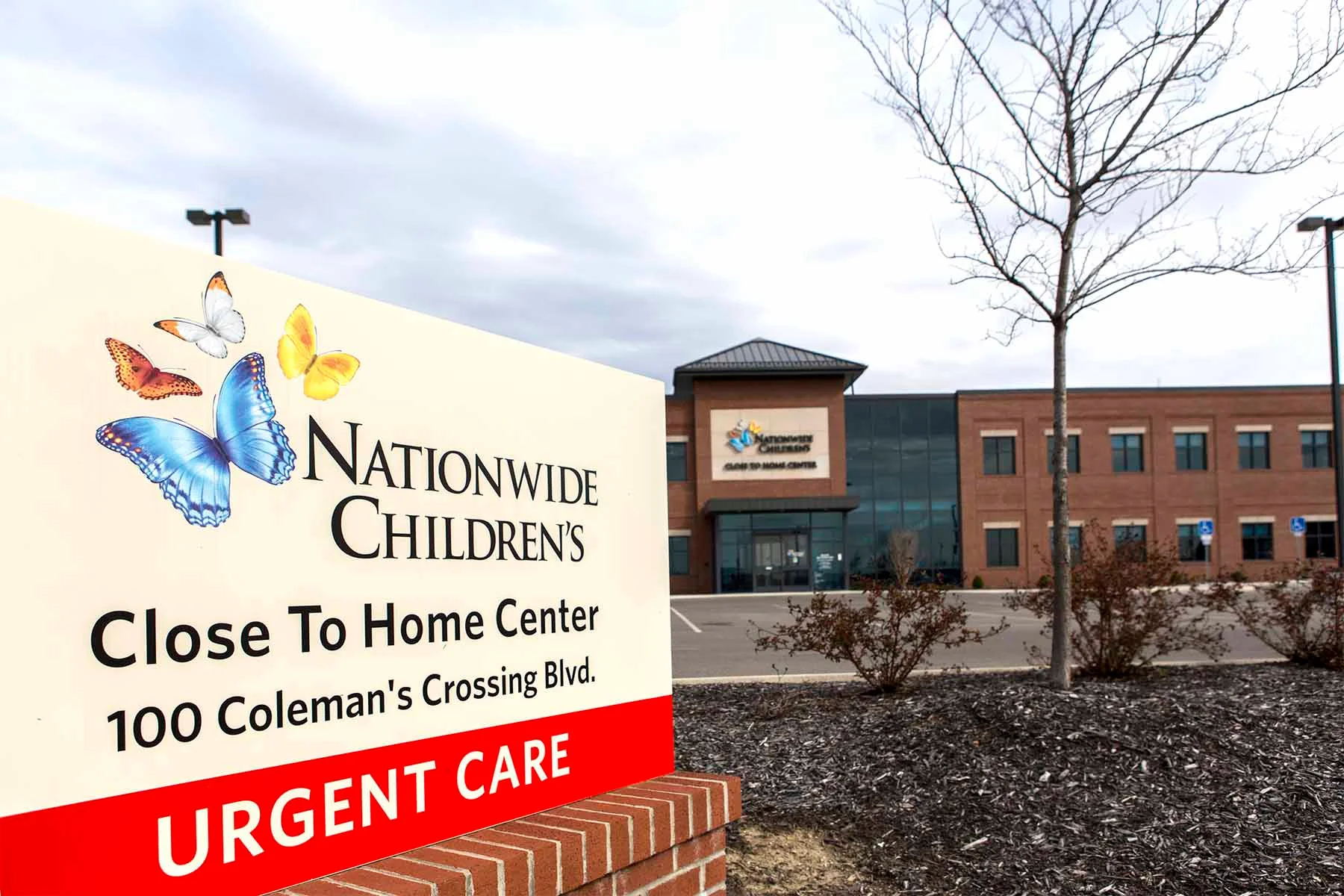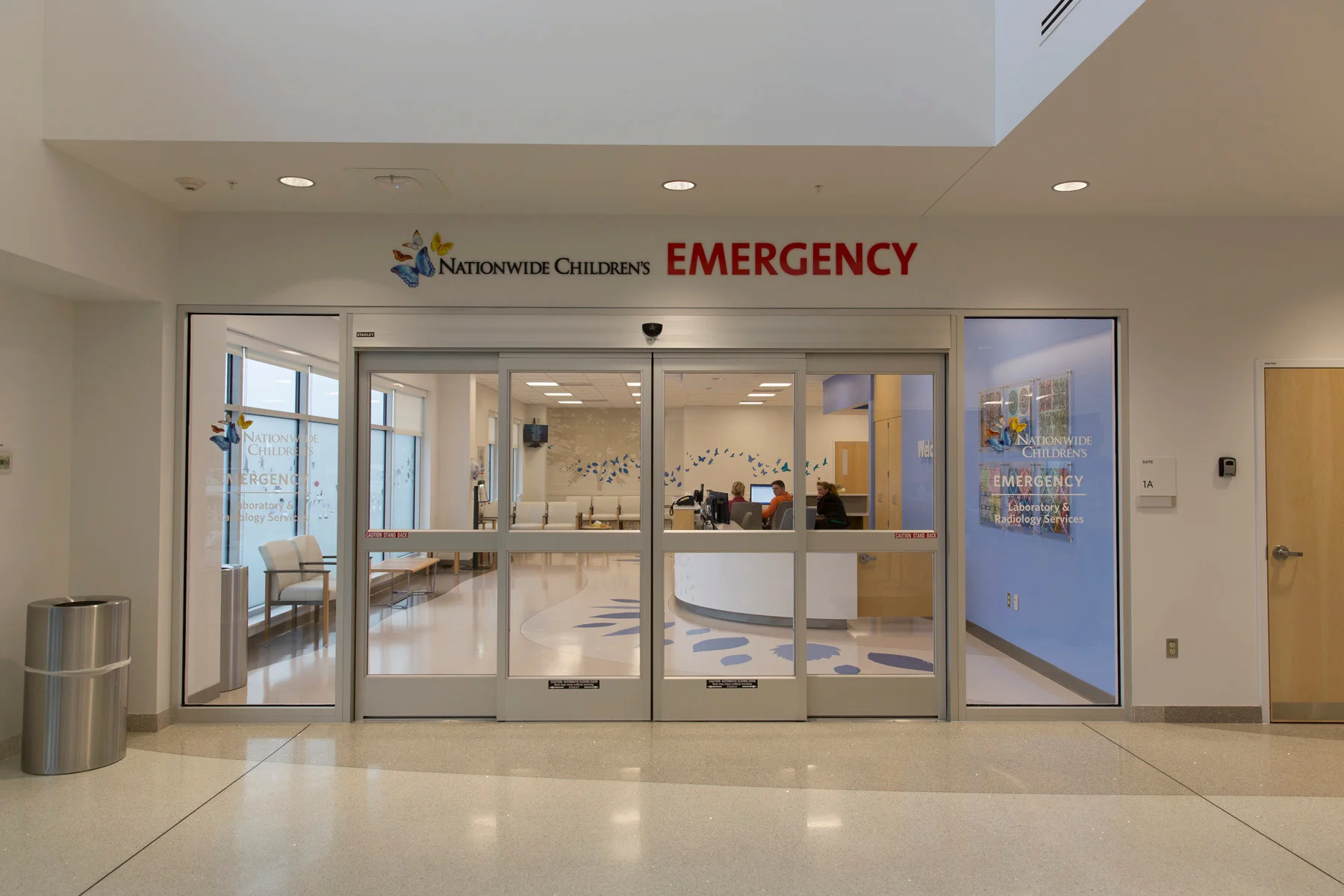Urgent Care Vs. Emergency Department - Do You Know The Difference?
“Thank you Nationwide Children’s Hospital for sponsoring this post. As always all thoughts and opinions remain my own. ”
A few weeks ago my son fell while running full speed and hit the bottom of his face on a piece of wood, there was blood everywhere, a large gash on his chin, and in that moment I realized I had no idea where we should take him. The Children’s Urgent Care is 5 minutes from us but what if he needs stitches - is that more of an emergency room visit? Or can we still go to urgent care? I called our pediatrician to ask what I probably already should have known, “Is this trip an urgent care trip or an emergency room visit?” Since then I’ve learned a few things and I thought I would share them with you, because when your kids are hurt, everything matters. - there’s also a quiz below that you can fill out to test your knowledge on the difference.
My son ended up being seen at the Nationwide Children’s Hilliard Urgent Care and they took great care of him. I am so thankful we have them so close, and that they are always so happy to help the child in need of care as well as the siblings and parents.
If you think your child has a life threatening injury or illness always call 911. If you think someone has been poisoned call poison control at 1-800-222-1222.
Take this quiz to test your knowledge on the difference between an ER visit and an urgent care visit.
Urgent Care
Urgent Care is the place to go when you have an urgent medical need that needs attention but does not require a trip to the Emergency Department. Urgent Care is also the less expensive option when it comes to the two.
Allergic reactions (rash)
Asthma/difficulty breathing
Small broken bones
Minor/small burns
Minor/small cuts
Fever
Rashes
Sore throat
Vomiting and diarrhea
Emergency Department
Emergency Department has staff of hand to help with stabilize any emergency situation. The Lewis Center Emergency Department is a great option but if your child may need admitted to the hospital or seen by a specialist they may be transferred to Nationwide Children’s Main Campus.
Allergic reactions (anaphylactic shock)
Asthma/difficulty breathing/respiratory distress
Broken bones
Burns
Dehydration
Fever (especially in infants eight weeks of age or younger)
Seizure
Severe pain
Take this quiz to test your knowledge on the difference between an ER visit and an urgent care visit.




